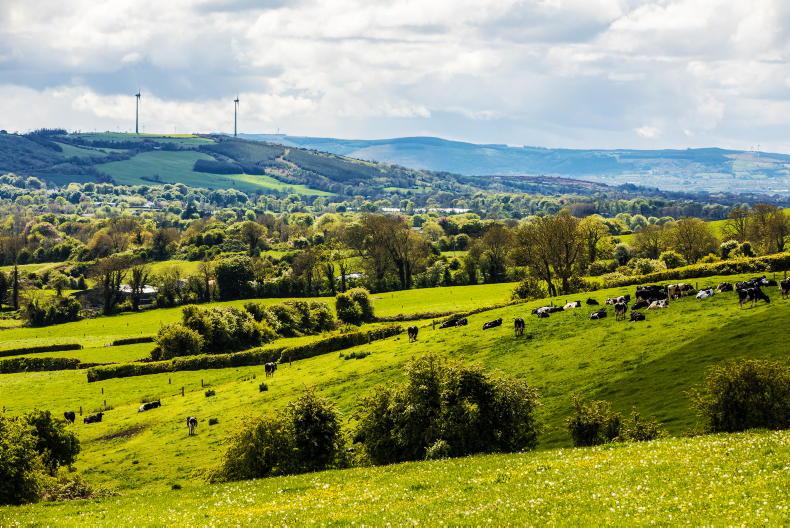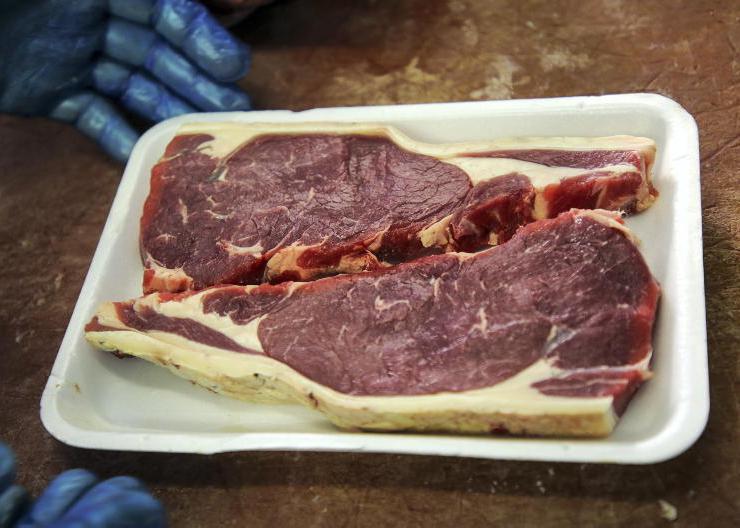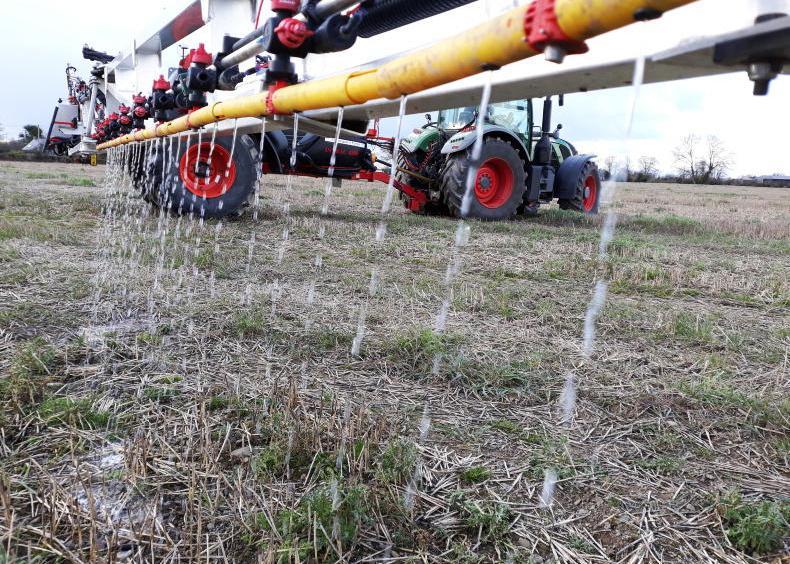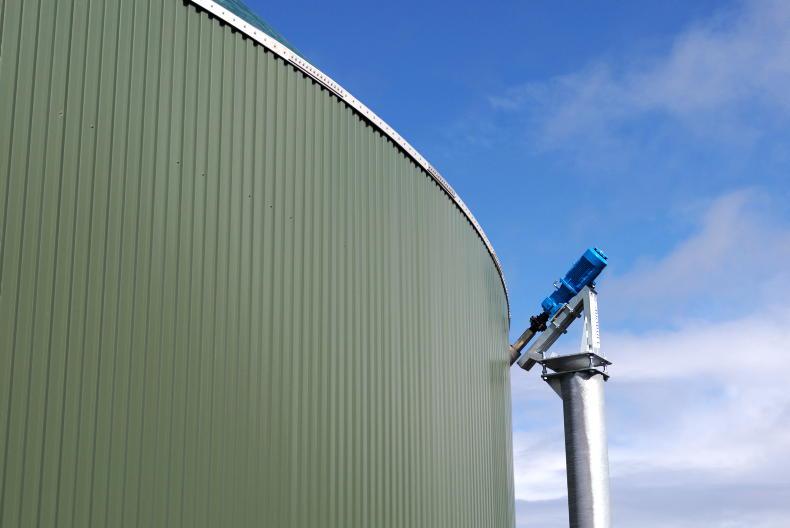Minister for Communication and Climate Action Richard Bruton has suggested that some leniency may be offered to the agriculture industry on some areas, including dairy, in regard to meeting carbon targets.
According to the Environment Protection Agency (EPA), agriculture accounts for one third of Ireland’s emissions, with the growing dairy industry often blamed for the role of the sector in failing to meet climate targets.
In response to a question from the Irish Farmers Journal on the calculation of methane gas from livestock, Minister Bruton said that it was important for Europe to consider its capacity to continue delivering food.
Delivery
“I think that it would be Ireland’s view that in terms of agriculture, Ireland, because it has lower carbon production – particularly of milk produce – that Europe taking a wider view of net zero may take into account or ought to be considering the capacity of Europe to deliver food in a carbon efficient way,” Minister Bruton said.
Minister @RichardbrutonTD telling media that the EU is looking into research around methane emissions from livestock but Irish farms need to prepare for climate change and targets. @farmersjournal pic.twitter.com/wuOLEeQXHz
— Hannah QuinnMulligan (@hqmulligan) January 6, 2020
The minister was speaking at the publishing of the draft scheme of the new climate law on Monday 6 January, which will see climate targets outlined in the Climate Action Plan written into law for the first time if passed in the Dáil.
If passed, these would include stricter rules around low emission slurry spreading, forestry, fertiliser and protein levels in animal feed.
The targets will be broken down per sector, with department responsibility and potential financial penalties for missing targets.
Minister Bruton admitted that not all sectors will meet their targets and said that in regard to agriculture, bio-methane may need a different approach.
He said that overall “agriculture will have to make very substantial contributions in terms of land use”.
“Be it from re-wetting of peat areas of the carbon capacity of land to absorb carbon. This will all be a huge element, just as delivering lower carbon farm methods will be an element.
“We need farms that are resilient for the long-term future. Building a family farm enterprise on the basis of an unchanged environment would be very short-sighted.”
He added that CAP should be used to help encourage farmers to adapt to more climate-friendly methods of farming.
Currently, the scheme is at draft stage and no specific targets have been formally adopted for agriculture.









SHARING OPTIONS